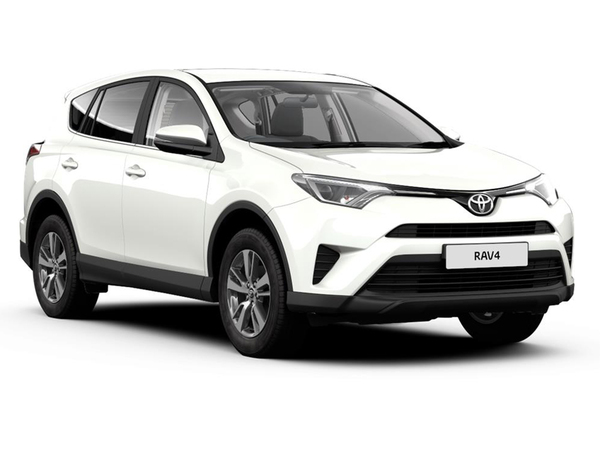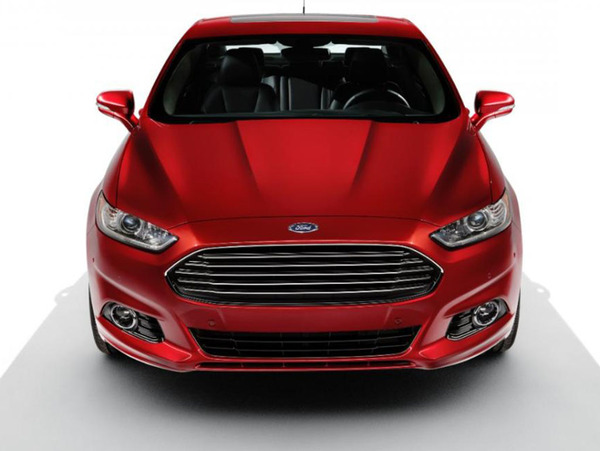Manufacturer recalls for March 2017

Recalls related to Takata airbags have started to pop up again, like a gift that keeps on giving. Mercedes-Benz is also in the spotlight as a million of their latest models turn out to be a fire risk. Here are all the recalls issued in the month of March.
More than 50 incidents of Mercedes-Benz cars going up in flames have led the German manufacturer to recall a million of their cars globally. The fire arises from a current limiter in the starter motor that can overheat and melt after several failed attempts to start the vehicle. A defective fuse in the system creates this problem as the supply won’t be cut off in time to avoid the fire. The affected models include 2015-2017 CLA, C, and E-Class sedans and the GLA and GLC crossovers, including AMG models. Owners will be notified soon but the parts will only be available from July.

A whopping 2.9 million cars have been recalled by Toyota due to the faulty airbag systems fitted in them. The lack of drying agents in the Takata airbag system will lead the Ammonium Nitrate chemical in it to explode after a period. This effect will be more pronounced in hotter regions. Toyota intends to replace the airbag units of the all the affected cars. The list includes the Corolla Axio sedan and the RAV4 SUV crossover.
Fuji Heavy Industries, the maker of Subaru cars, Mitsubishi Motors and Hino trucks has announced a recall of 240,000 vehicles in Japan to address the issue with the Takata airbags. At least 16 deaths have been reported due to the faulty airbags, with most of them in North America.

Ford is also expanding their Takata recall. Another 30,000 cars, including 2016 and 2017 Ford Edge and Lincoln MKX along with the 2017 Lincoln Continental, are being recalled. Even though Ford already had recalled thousands of cars with the same problem, this time the cause is not the exploding inflator chemical. A misalignment in the airbag components may not allow the airbag to inflate fully in the event of an accident. It may even lead the airbag to detach itself from the car. A notification will be sent to the owners of the affected cars and the faulty airbag units will be replaced free of cost.

Hyundai has announced a recall for 977,778 of its Sonata and Sonata Hybrid sedans to repair faulty seat belts that detach from their anchor pretensioners. The recall includes 2010-2014 Sonatas built from December 11, 2009, to May 29, 2014, and 2011-2015 Sonata Hybrids built from December 2, 2010, to January 9, 2015. In the event of an accident, the affected cars can injure the passengers as the improperly fitted seat belts may detach from their anchoring points. An injury caused by this glitch has been reported to the NHTSA by Hyundai. U.S. dealerships will inspect the American-built cars and if found affected, will reattach the seat belt properly. It is unclear if cars in the GCC are affected, as GCC-spec cars come from Korea.

Ford has announced a couple of recalls to address a fire risk and an issue with the door latches, each recall affecting more than 200,000 cars. About 231,000 cars equipped with the turbocharged 1.6-litre inline-4 engine are recalled due to a possible fire risk caused by improper circulation of coolant. This can lead to overheating of the engine which can, in turn, cause the block to crack up and leak oil. The leaked oil can combust instantly. The repair procedure involves the fitting of a coolant level sensor which will alert the driver when the coolant level drops below a specific level. The cars affected include 2013-2014 Fusion built at the Hermosillo factory, 2014-2015 Fiesta ST, 2014 Escape, and the 2013-2015 Transit Connect.
The next recall from Ford affects 211,000 cars approximately. The affected vehicles include the 2013-2014 Fusion, 2014 Fiesta, and 2013-2014 Lincoln MKZ. The “pawl spring tab” in the door latch can break, opening the door even when the vehicle is on the move. Dealers will replace the faulty part with a stronger unit.
If you find your car in on this list, please get in touch with your dealer to check if your car is affected.

There are no comments. Be the first!